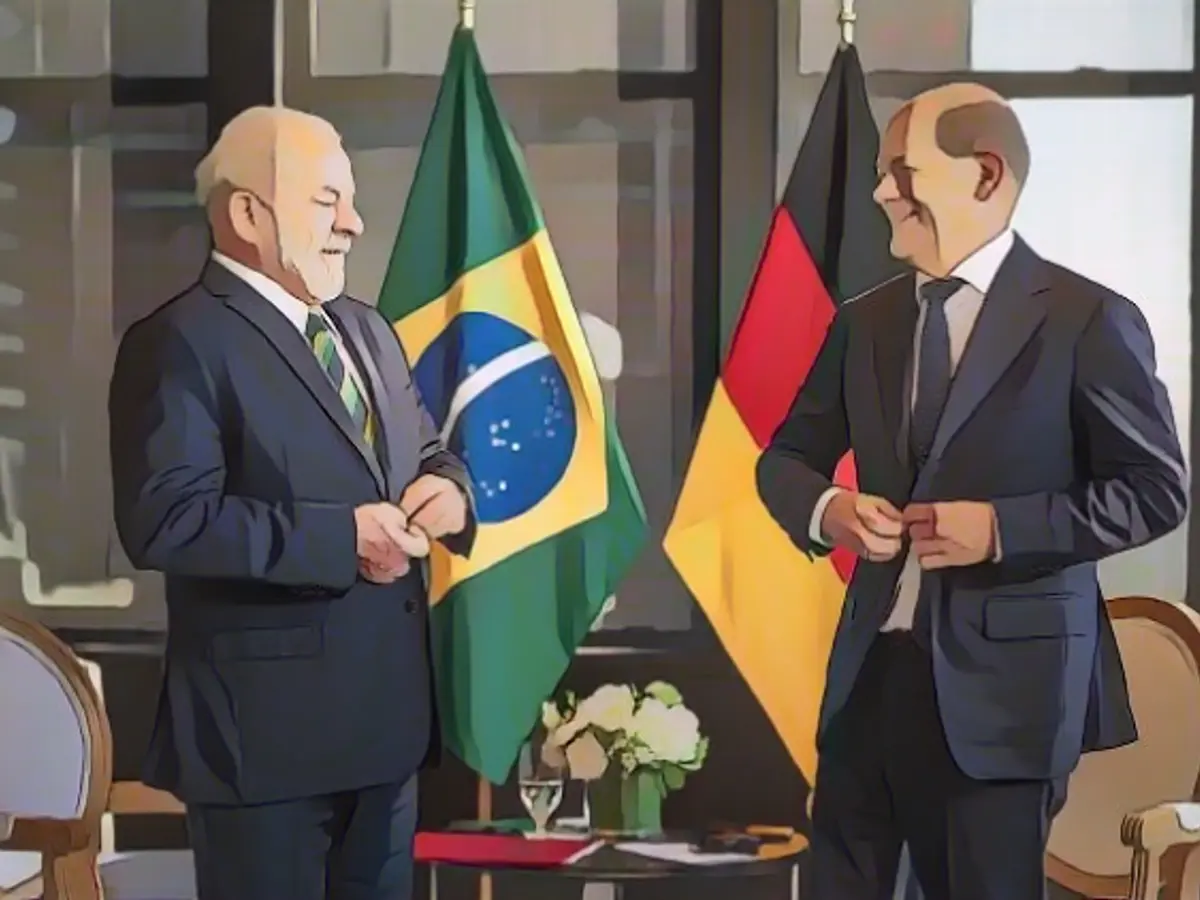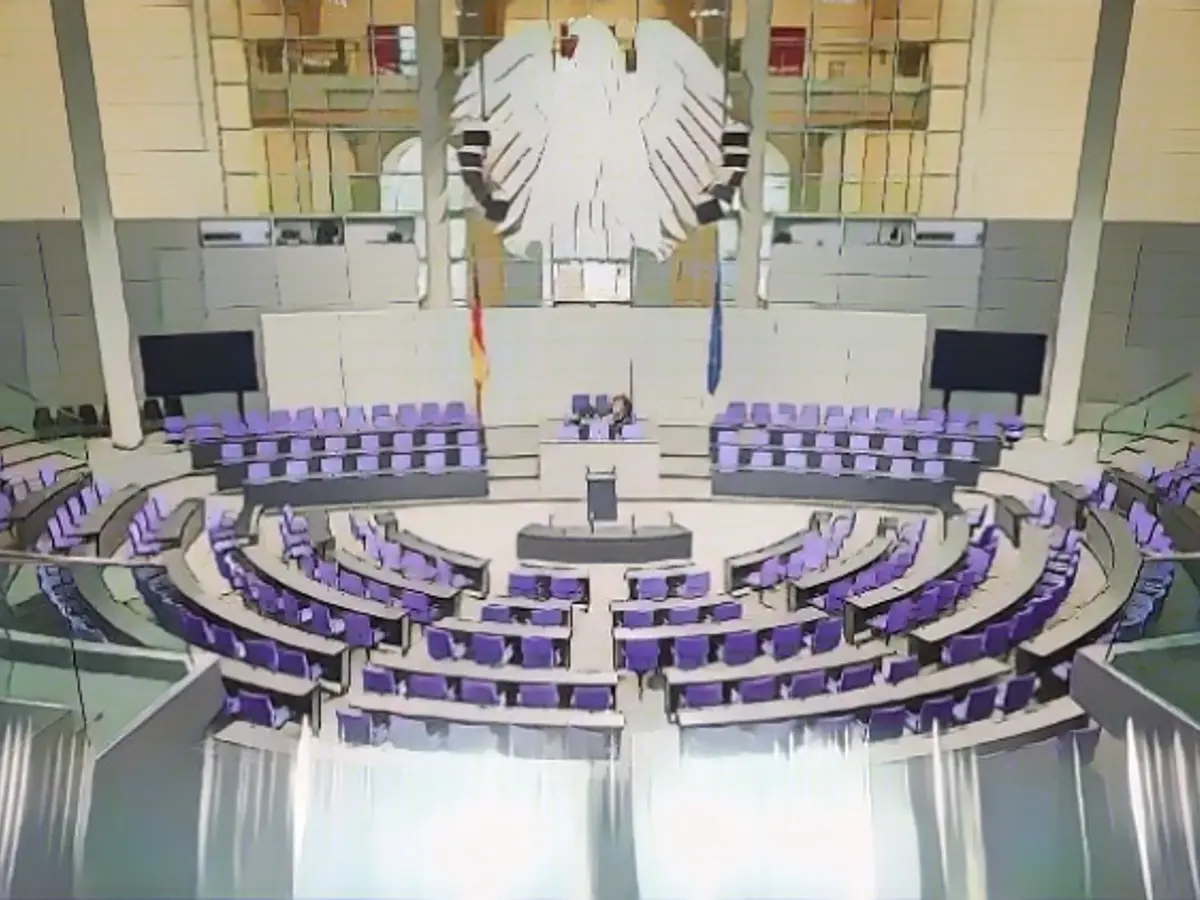Fresh Take:
Scholz Engages with Lula da Silva in Chancellery: Mercosur Agreement on the Table
After a lengthy hiatus, Germany and Brazil are resuming their comprehensive diplomatic discussions, spearheaded by Federal Chancellor Olaf Scholz and President Luiz Inácio Lula da Silva, in the heart of Berlin. This round of talks promises to delve into economic cooperation, climate protection, and foreign policy.
However, the main attraction lies in the potential conclusion of the years-long negotiations on a free trade agreement between the European Union and the South American bloc, Mercosur. This agreement could establish one of the globe's largest free trade zones, boasting over 700 million inhabitants.
Germany has long sought to finalize this agreement, but challenges remain. The Green Party advocates for a renewal of negotiations to curtail the intensified extraction of raw materials in the global South for the Northern consumption. Meanwhile, the ruling coalition in Germany has reaffirmed its dedication to the agreement.
The Berlin meeting will also prompt several agreements, spanning topics such as biodiversity and marine conservation, rainforest reforestation, digitalization, and mineral resource extraction.
Brazil currently presides over the G20 and will host the upcoming summit in Rio de Janeiro. Simultaneously, Brazil maintains a position in the Brics group, often considered a rival to the G7, a group of Western industrialized nations.
In terms of security policy, disagreements persist. Both Germany and Brazil exhibit distinct stances on the Gaza and Ukraine conflicts, with Germany advocating for ceasefires to facilitate humanitarian support, while Brazil calls for an immediate, permanent ceasefire. Regarding Russia's war of aggression against Ukraine, Brazil subsists on advocating for peace talks, whereas Germany defers the decision to Ukraine.
The diplomatic pause between Germany and Brazil was a consequence of former President Jair Bolsonaro's right-wing populist tenure. With the return of Lula da Silva to the Brazilian presidency, the rekindling of consultations started in January during Scholz's inaugural visit to Brasilia.
Additional Insights:
The political agreement on the Mercosur-EU deal was reached in December 2024, following years of negotiations. The agreement, however, awaits the European Parliament's approval to come into effect. Key MEPs have welcomed the deal, but others have voiced concerns relating to transparency and its potential impact on EU farmers. The agreement aims for a gradual phasing out of duties on 91% of EU exports to Mercosur and 92% of Mercosur exports to the EU. However, sensitive agricultural imports would be regulated via quotas, extended phasing-in periods, and safeguards to mitigate potential market disruptions.
During the meeting at the Federal Chancellery, talks centered on bilateral trade cooperation, the Mercosur-European Union Agreement, and Brazil's efforts to combat foot-and-mouth disease. The Brazilian delegation aimed to strengthen trade ties and promote Brazil's leadership in sustainable agriculture, particularly during the Fruit Logistica 2025 trade fair in Germany. The gathering also included strategic interactions with German authorities and industry representatives to enhance market prospects for Brazilian agricultural products.
[1][4]
[5]





